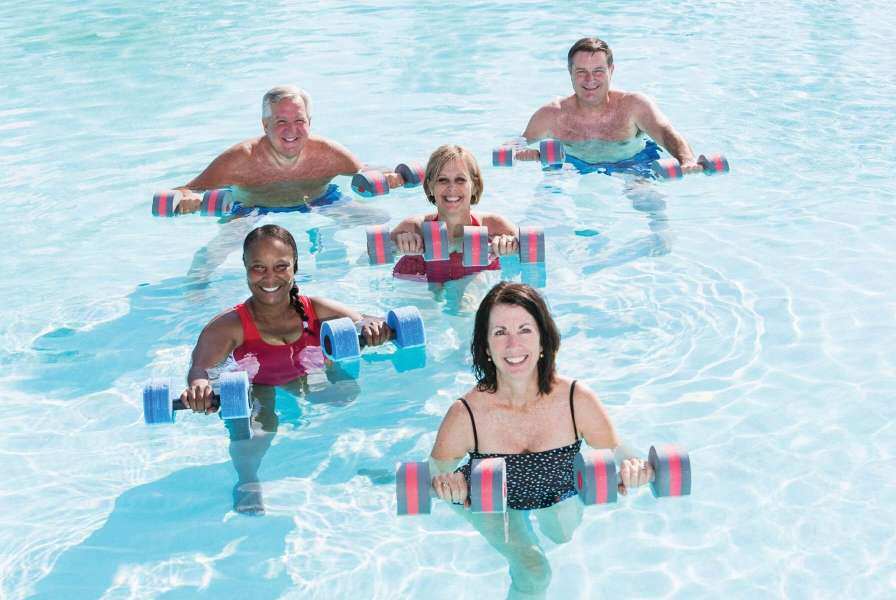The human body is a wonder, with multiple systems working together to create awareness of the physical environments into which the body might be placed, respond to that information,and operate under a variety of physical demands. At the same time, the body is constantly working to maintain or restore health. The central computer that makes this possible is the brain, connecting the sensory information and sending signals through the brain stem to the spinal cord and then to the peripheral nerves, all of which act as the circuitry to keep these multiple systems operating together in an efficient, subconscious, and nearly instantaneous manner.
These complex processes function at their maximum in our early adulthood years but are designed to last through a lifetime, albeit with some biologically-driven reduction in performance as we age. That said, the systems are designed for repair and self-maintenance throughout the lifespan. The major driving force in maintenance is demand placed upon the body, i.e. exercise. Without exercise, a variety of physiologic processes facilitate progressive deterioration across the age span, gently escorting us off the stage of life.
While exercise is a critical factor is system maintenance, there are some very unique factors associated with aquatic exercise and swimming. Research has shown that it works to improve the function of the heart. It facilitates an increase in the cardiac output of blood throughout the body, increasing the supply of oxygen to muscles and the central nervous system. This happens through relaxation of the blood vessels so that they can carry more blood while presenting less resistance to the heart pumping that blood. With regular aquatic exercise, the vessels themselves remain pliant and supple. Exercise itself releases a host of factors that promote repair and regeneration of brain cells, nerve cells, muscle cells, and bone. Whether these factors in the blood are released more efficiently during aquatic exercise has only been studied in rats so far, but in those animals there is an increase unique to aquatic exercise. New research in humans has shown that blood flow to the brain is increased during aquatic exercise, potentially delivering more oxygen and nutrients to the brain cells. This could help slow the deterioration of age-related brain performance.
At the same time, research has shown that immersion in water, especially warm water, has a unique effect upon the autonomic nervous system, the part of the central nervous system that controls essential respiratory, cardiac, and vascular systems. A relaxation effect is produced, bringing the autonomic system into optimal balance. This autonomic balance has been associated with a reduction in blood pressure, improvement in endocrine function, and even improved mood and cognitive function.
Obviously, the human body is designed to work on land. But by using the aquatic environment to augment the normal biologic processes of repair and regeneration, we can produce a significant boost to nearly all of these normal repair processes. Such a simple solution for so many issues seems contradictory, but water truly is a miraculous answer.









